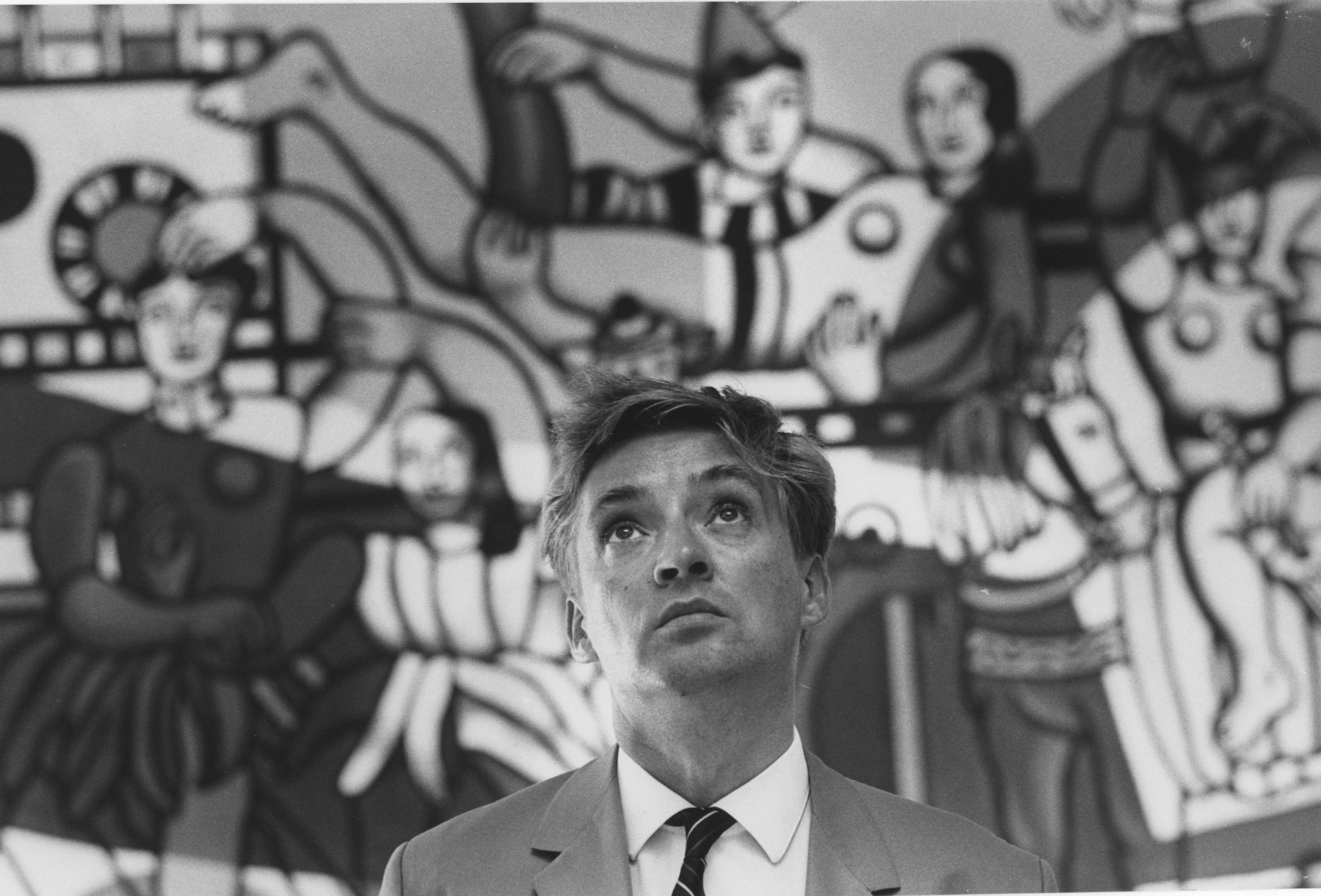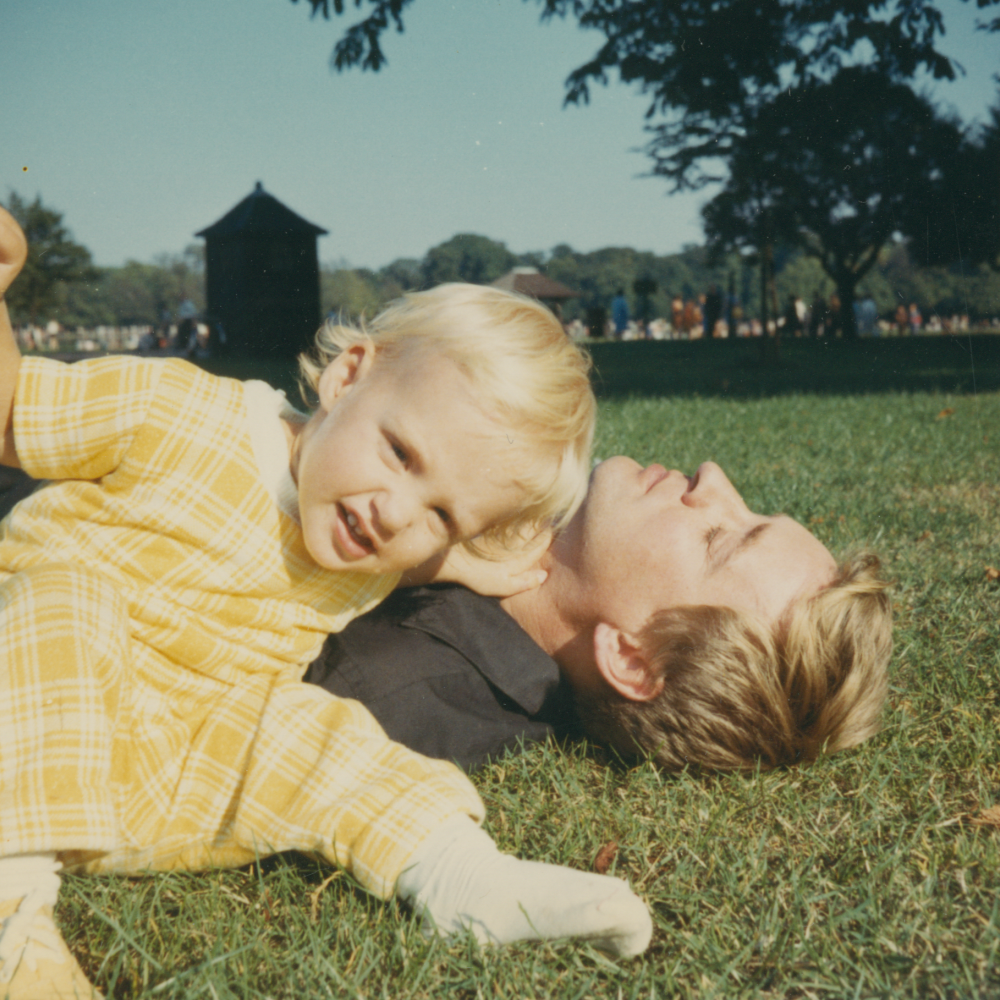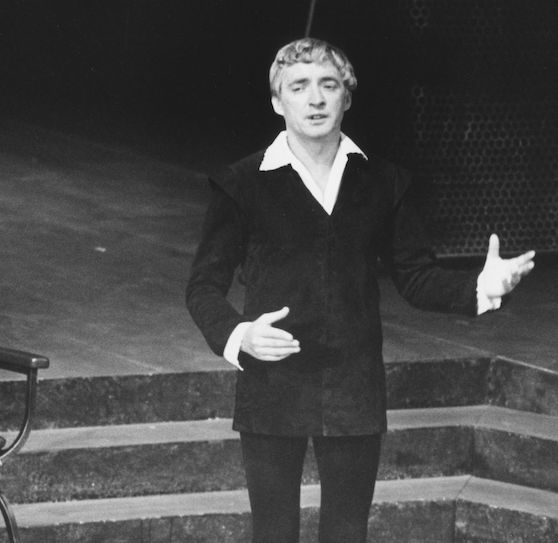
Background
Meet Oskar
Many consider Oskar Werner the greatest Austrian actor of his day. He was active in German-language and international film, earning fame for his roles in classics such as Jules and Jim and The Spy Who Came in From the Cold. On the stage, he was a master Shakespearean renowned for his portrayal of Hamlet. He also performed recitals of works by Goethe, Schiller and other celebrated poets.
Milestones
1922
Born in extreme poverty in Vienna, Oskar grew up in a one room apartment with no toilet. His father left the family, while his mother struggled with mental health. He shared a bed with older relatives and was raised mostly by his grandmother.
1938
At age 17, he makes his film debut in Money Falls from the Sky.
1941
At age 18, Oskar becomes the youngest member admitted to the prestigious Burgtheater. He adopts the surname Werner as a stage name.
That same year, he is drafted into the German army despite his pacifist views and hatred of Nazism. He will use his acting talent to intentionally flunk out of officer school.
1945
Oskar marries the half-Jewish actress Elisabeth Kallina in secret.
1944
His daughter Eleonore is born.
1944
Oskar deserts the German army and flees to the woods with his wife and newborn baby. The family hides out until the end of the war, eating worms and pawning valuable family heirlooms for survival. At one point, Oskar encounters his old regiment, but escapes under the cover of battlefield confusion.
1950
He moves to Liechtenstein, where he designs his house with an architect friend.
1951
The Hollywood film Decision Before Dawn gets him international attention. However, he quickly grows jaded with the studio system, feeling more like a commodity than a true artist.
1951
The rising star has his footprints cast at the famous Grauman’s Chinese Theatre in Hollywood. He does not attend the ceremony.
1953
He performs what is now considered the definitive German-language Hamlet in Frankfurt am Main.
1954
He marries Anne Power, the adopted daughter of the movie star Tyrone Power.
1961
He portrays Jules in Jules et Jim for director Francois Truffaut. The role earns him international acclaim and renewed stardom. Not a native French speaker, Oskar performs his lines phonetically from cards strategically placed on the sets.
1965
He earns a BEST ACTOR Academy Award nomination for the film Ship of Fools. Oskar is favored to win in a field along with Laurence Olivier and Richard Burton, his co-star from The Spy Who Came in From the Cold. The award goes to tough guy actor Lee Marvin for his dual role in a comedic Western.
1966
He wins the Golden Globe for BEST SUPPORTING ACTOR for his portrayal of a Jewish East German officer in The Spy Who Came in From the Cold. He is also nominated for Best Actor.
1966
His son Felix Florian is born.
1966
He reunites with director Francois Truffaut to play Guy Montag in the adaptation of Ray Bradbury’s Fahrenheit 451. The two men have furious disagreements over the film, which makes for a difficult production. The response to the picture is lukewarm, though it is later praised by Martin Scorsese and Bradbury himself.
1968
The Shoes of the Fisherman films in Rome. The high-profile Hollywood production co-starring Laurence Olivier and Anthony Quinn is a critical and box office disappointment.
1970
He performs as Hamlet for the last time at the Salzburg Festival. “I felt that Hamlet had been written for me. In each part you find something of yourself, for we are all brothers; but in Hamlet I found a twin.”
1974-1976
He appears in a classic episode of Columbo as a brilliant but murderous inventor.
He makes his final film appearance in Voyage of the Damned a German Jewish refugee.
1977-1980
In his semi-retirement, he performs poetry recitals of works by Goethe, Schiller, and other old masters.
1983
He has his last theatrical performance in The Prince of Homburg, a classic work of the German Romantic period.
1984
After years of debilitating alcoholism, Oskar passes away at the age of 61. Almost a recluse, he makes his last public appearance at the Mozart Hall in Salzburg. He is buried in Liechtenstein.













